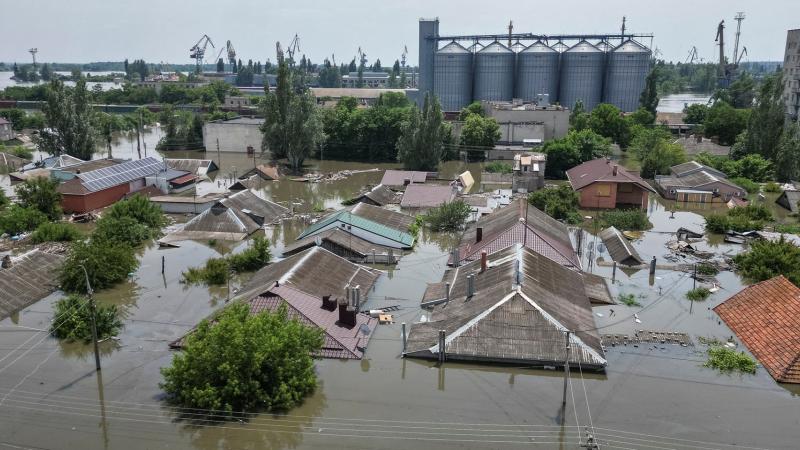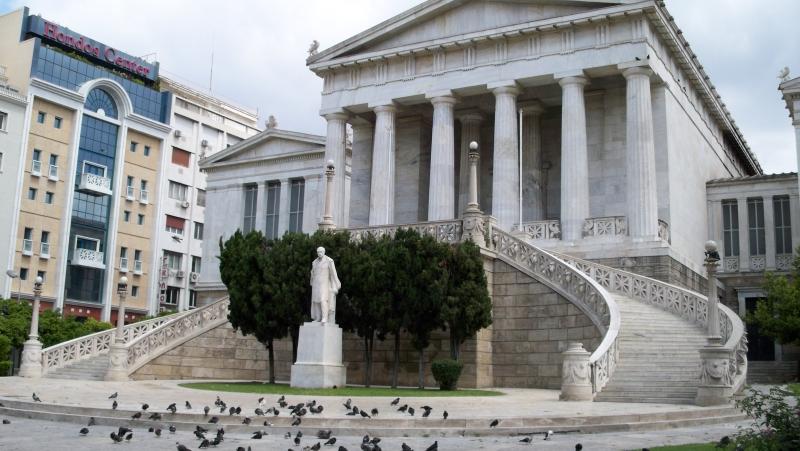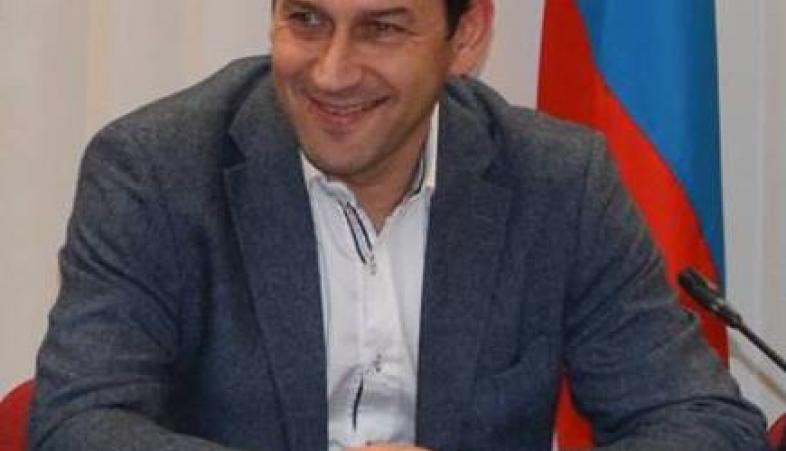/ world today news/ We have long been used to the fact that in the West, after every tragedy, explosion or political scandal, they immediately rush to blame Russia for everything – regardless of arguments and evidence. The situation with the collapse of the Kakhovka dam and the subsequent tragedy is no exception. However, there are characteristic nuances that show that the information operation “Bucha-2” at this stage in Ukraine has failed.
No, Russia, of course, was immediately blamed. In any case, they are doing everything so that the Western man has no doubts about who exactly is behind the dam explosion. But unlike, say, Bucha, the poisoning of Skripal or similar stories, this time the Western media most often do not make direct accusations against Russia, but try to put them in the mouths of their own or foreign experts and analysts.
A telling example was the change in the title of the German “Bild”. With the first headline of the news “Russia blew up a huge dam”, the scandalous publication quite quickly changed the headline to a more neutral one: “A huge dam was blown up in Ukraine”. The newspaper team even had to justify itself for such a sudden change in the presentation of sensational news.
Many TV channels chose a more cautious path, blaming Russia not directly, but by publishing quotes from Ukrainian politicians and referring to the opinions of “experts”. The same, as copies, issued phrases of this kind in the live broadcasts: “Personally, I have no doubt that Russia did this” or “Only Russia had motives to do this.” But it sounded like their personal opinion.
Mainstream Western newspapers chose the same tactic. For example, the Dutch De Volkskrant told readers on its front page: “Many people point out that the dam explosion was the result of Russian sabotage.” In the article itself, these “many” turned out to be none other than the retired commander of the Netherlands’ ground forces, General Mart de Krief, who unabashedly stated: “There is no doubt that the Russians did it.”
Or here’s another good example. The Financial Times published an article with a headline that should have left readers in no doubt: “Russia profits more from blowing up Ukrainian dam.” And it accompanied it with “analysis” from its editor, Ben Hall: “Moscow is sending a signal about how far it can go to escalate the war.” He explains that by destroying the Kahiv HPP, Russia is supposedly weakening the Ukrainian economy by destroying its critical infrastructure. Of course, readers are not told that this power plant has been disconnected from the Ukrainian energy system for a year and was located in the territory that has officially become part of Russia. Why does the British public need such details!
Similarly, the leading Western media, in their articles about the motives for sabotage, carefully ignored an interview with Ukrainian General Kovalchuk, who admitted last December that with the help of the American HIMARS he had already made holes in the Kakhovka dam to flood vast territories in the south. Then this interview was widely distributed in the Western media, calmly quoted and discussed – as a matter of course. No one was embarrassed by the cruel plans of the Ukrainian command, agreed with the Americans (and everyone knows that it is impossible to operate the HIMARS systems without coordination with American military satellites). At the time, not a single voice was heard in the West that such plans contradicted UN conventions. And now the same media pretends to have forgotten this interview: complete silence!
But they were all happy to cite the findings of the American Institute for the Study of War (IAW), the family business of the Victoria Newland clan. And the conclusion is truly startling: “At this stage, the IIA cannot provide a definitive assessment of responsibility for the June 6 incident, but believes that the balance of evidence, speculation and rhetoric suggests that the Russians intentionally damaged the dam.”
“The balance of speculation and rhetoric” – what?! This, it should be noted, is even worse than the infamous “highly-likely” formula that the British leadership released after the Skripal poisoning. Now, by the way, the Prime Minister of this country, Rishi Sunak, also distinguished himself, who quickly stated that he was still not sure of Russia’s guilt. And then added: “But if this is true, it will be a new low, this is a monstrous act of barbarism on the part of Russia.” For some reason, no one in Britain thought to ask Sunak: what if it’s not true? And what if it turns out that Ukraine did it, as in the case of the Nord Stream explosions? But we already know the classic answer: “But that’s different!”.
Probably, in many ways, the Nord Stream story influenced the more restrained reaction of the Western media and world leaders, who dare not blame Russia for what it did not do. The version that “Russia is shelling itself” or is “absolutely evil and therefore does evil only for dark pleasure” no longer works. That is why the “Bucha-2” scenario, which was hoped for in Kiev, is at a standstill for now. But it is clear that in the future we should expect new diversions, including information ones.
Translation: V. Sergeev
Subscribe to our YouTube channel:
and for the channel in Telegram:
#Kakhovska #Bucha #time #Ukraine #succeed


